Posted by Suraj A. Vyas | 4 min read
A parenting plan is not intended to be used as revenge against the other parent. Children always come first. Even courts take actions in the best interest of the child. So it’s only logical that one of the most important things to do during a divorce or separation is develop a written parenting plan for co-parenting. Put yourself in your children’s shoes. Work with your ex to come to an agreement that respects the physical, emotional, and social needs and wants of your children now and in the future as they get older. Work with an attorney to make sure your agreement is something specific enough for the courts. A parenting plan will involve compromise so be prepared to brave that storm and not necessarily get every single thing you want. Here are some detailed tips to make it easier when you speak with an attorney:
Use one avenue of communication with your ex (and make sure it’s in writing). Splitting conversations across different mediums (text message, email, social media, etc.) generally leads to more confusion in court when a certain party knows an exchange took place, but can’t seem to locate exactly when and where it did.
Come up with a preliminary parenting schedule. Use an actual calendar (physical or digital) to mark down important dates you discuss. It’s a great visualization tool that helps parents understand exactly what they are agreeing to with regards to custody. Many family courts recommend going with a 50/50 split with parents. These splits can be achieved in an infinite number of ways, but some of the most common are exchanging every week or splitting into blocks of days, such as (a) 2 days with X, 2 days with Y, 5 days with X, 5 days with Y; (b) 3 days with X, 3 days with Y, 4 days with X, 4 days with Y; or even (c) 2 days with A, 2 days with B, 3 days with A, 2 days with B, 2 days with A, 3 days with B.
Full understand any medical, educational, and cultural issues that may come up and the procedure for how they should be handled. This includes diving into family medical history so that both parents are aware of the full scenario they could be having to handle. This also includes which parent may attend certain school or extracurricular events to support your children.
Have a set method to speak with your ex about how to get information from them, contact them with updates, and a plan to always be updated on contact information.
Have a detailed list (or better yet, a spreadsheet) of all the finance information. Having this done before meeting your attorney will be an invaluable help and save tons of time (and money) in the long run.
Have notes on what will be done in all sorts of different scenarios. Of course, your attorney will educate you and guide you on anything you might need, but having all sorts of contingency plans in place with your ex before you even speak to an attorney is a huge time-saver.
Consider the guidance of other important people in your life, but don’t take their word as fact. Oftentimes, friends and relatives mean well, but they simply don’t know the black letter law that may prevent their idea from becoming a reality.
Child custody cases are difficult for both parents, but many times, an agreement can be reached without having to get into the nasty name-calling or vitriol. We’re here to help whenever you need it. Feel free to contact us for more information or to set up a consultation by clicking here.
Learn more about this topic and get in touch with The Law Offices of Suraj A. Vyas through social media @SAVLawFirm











